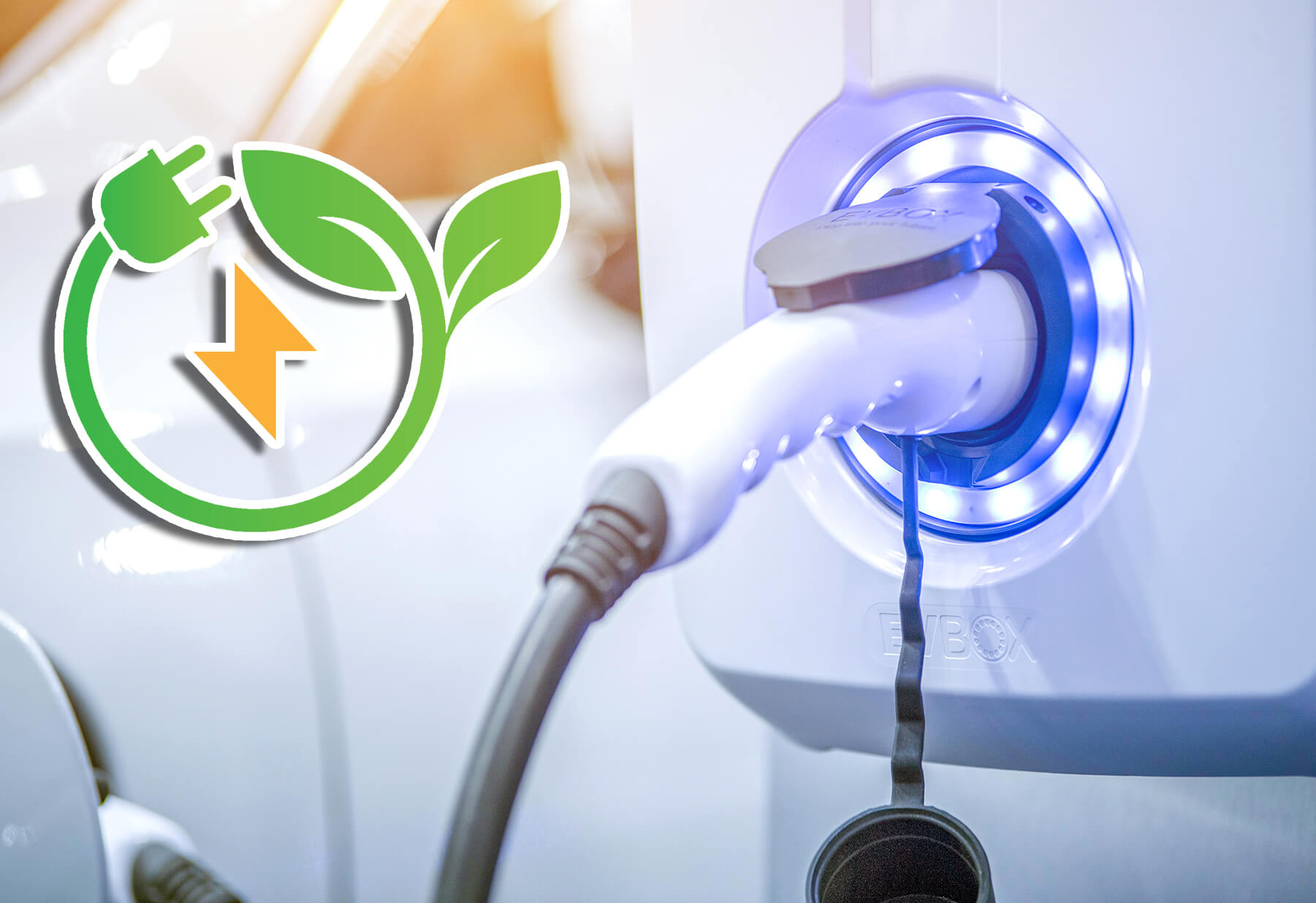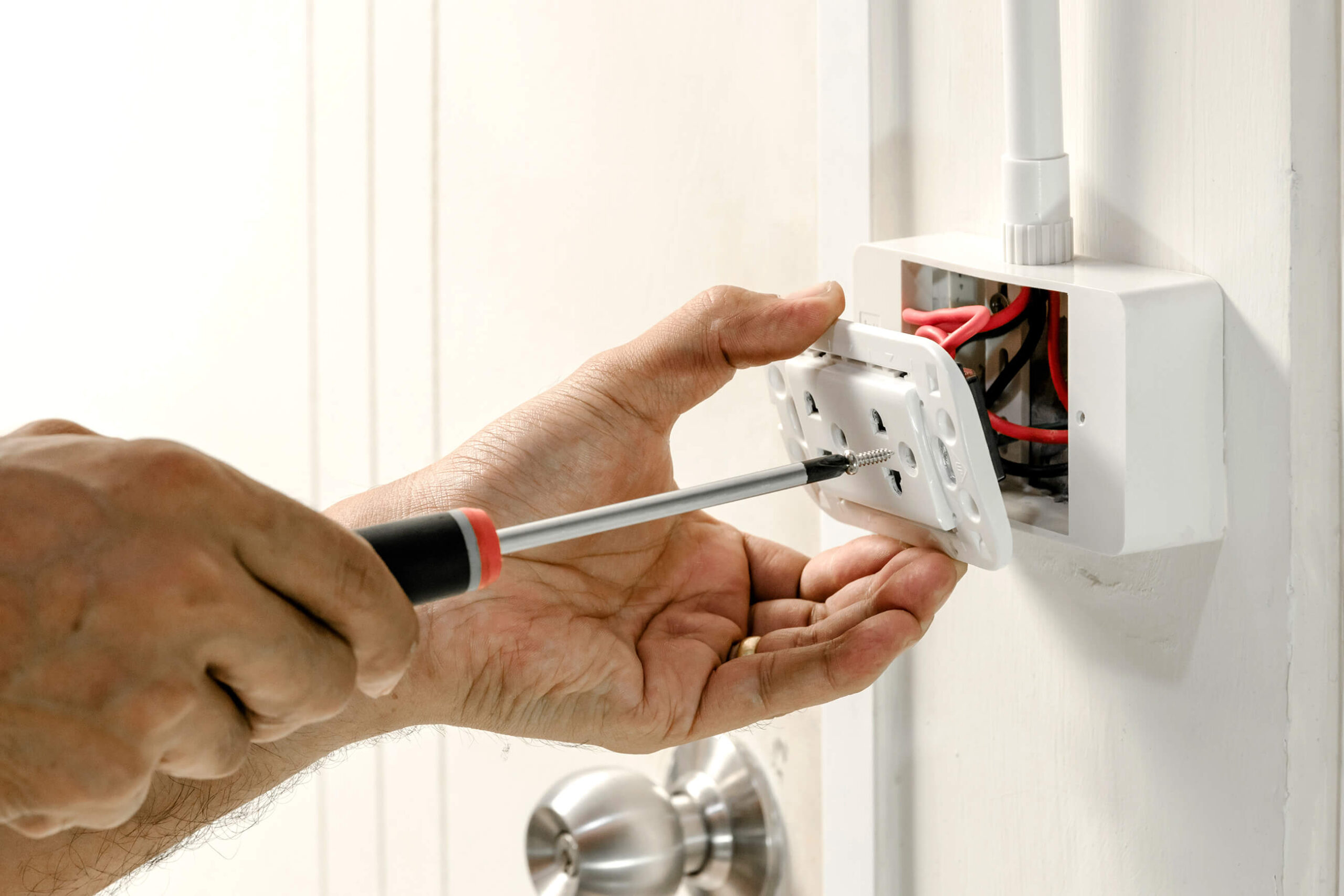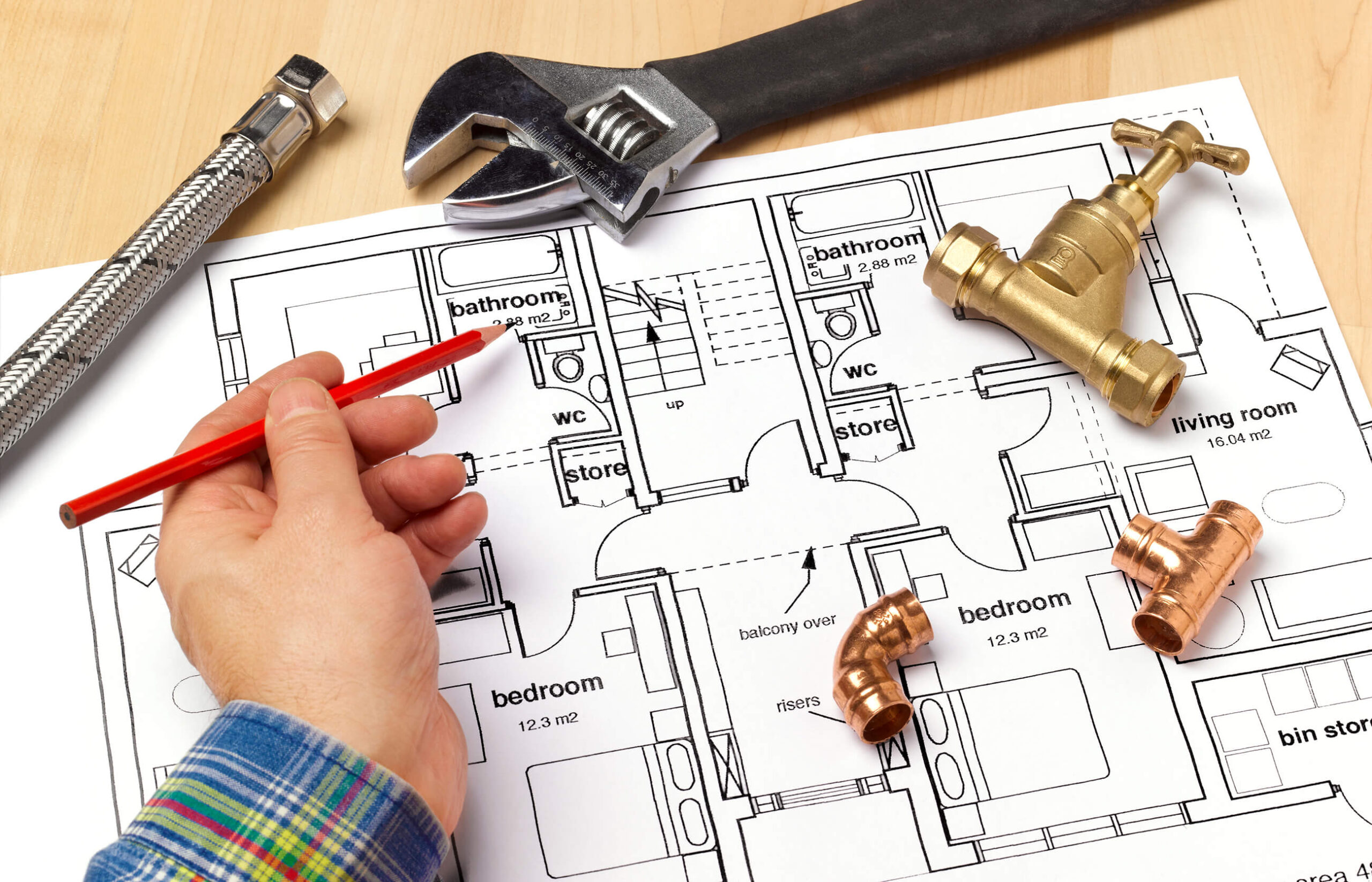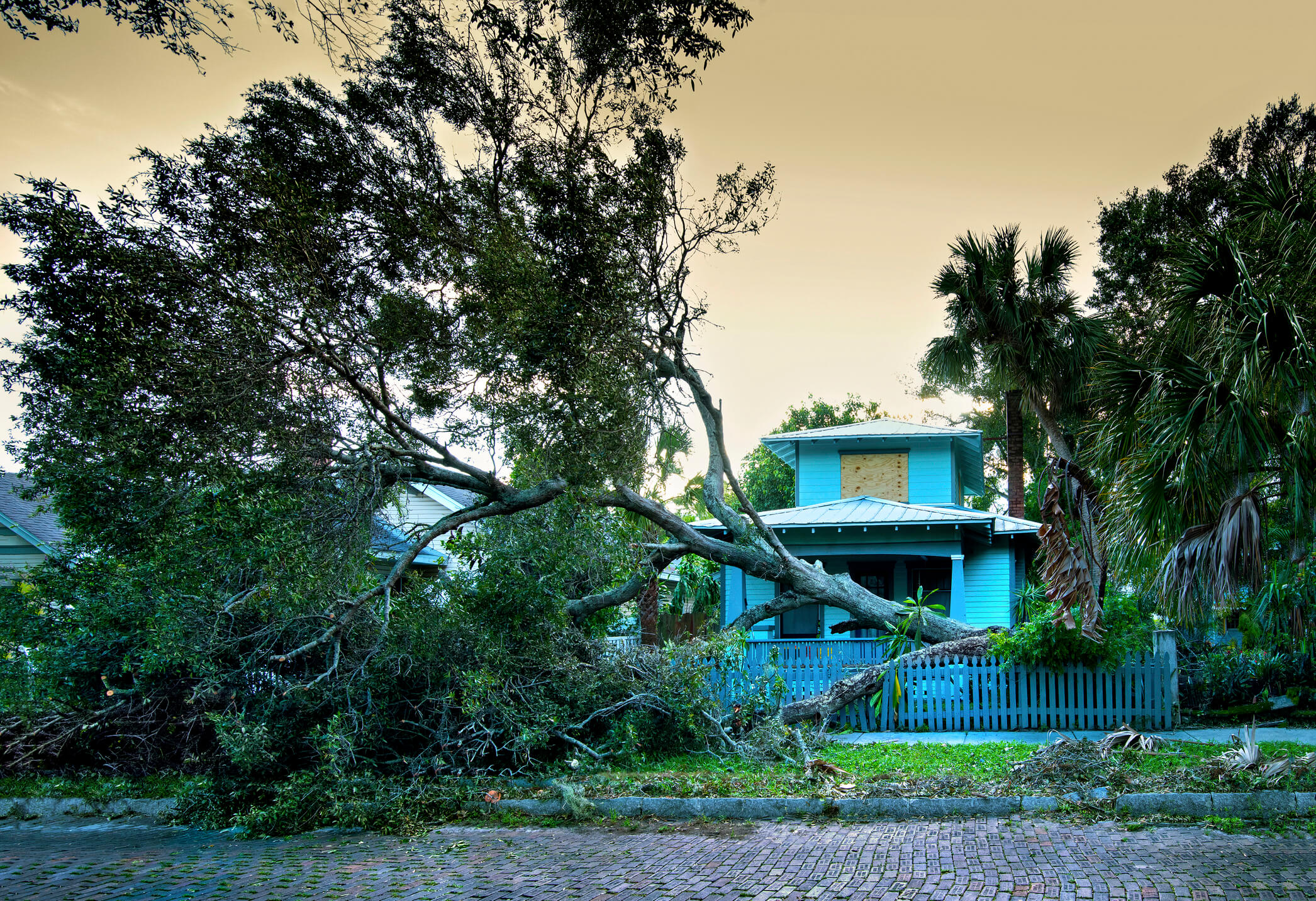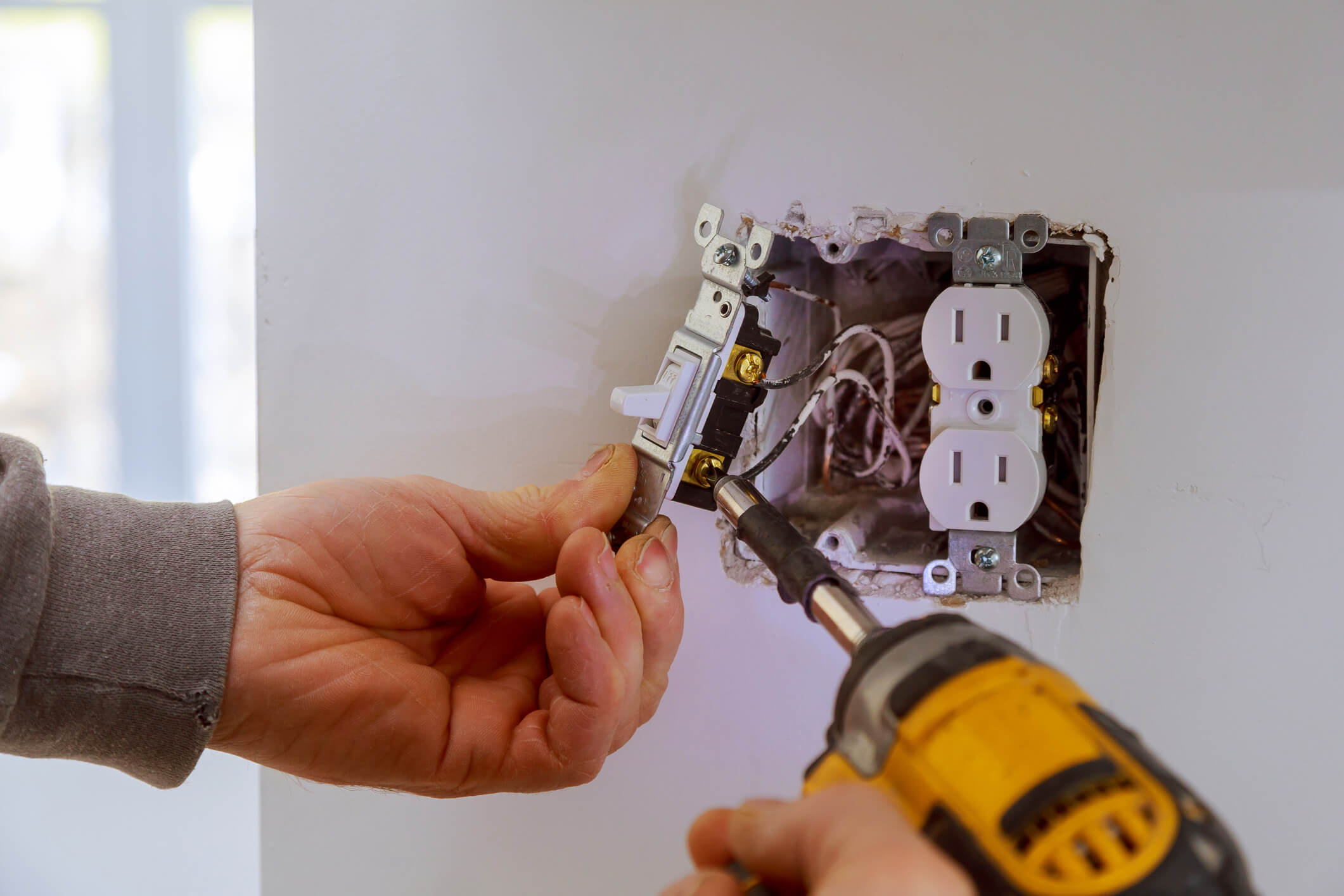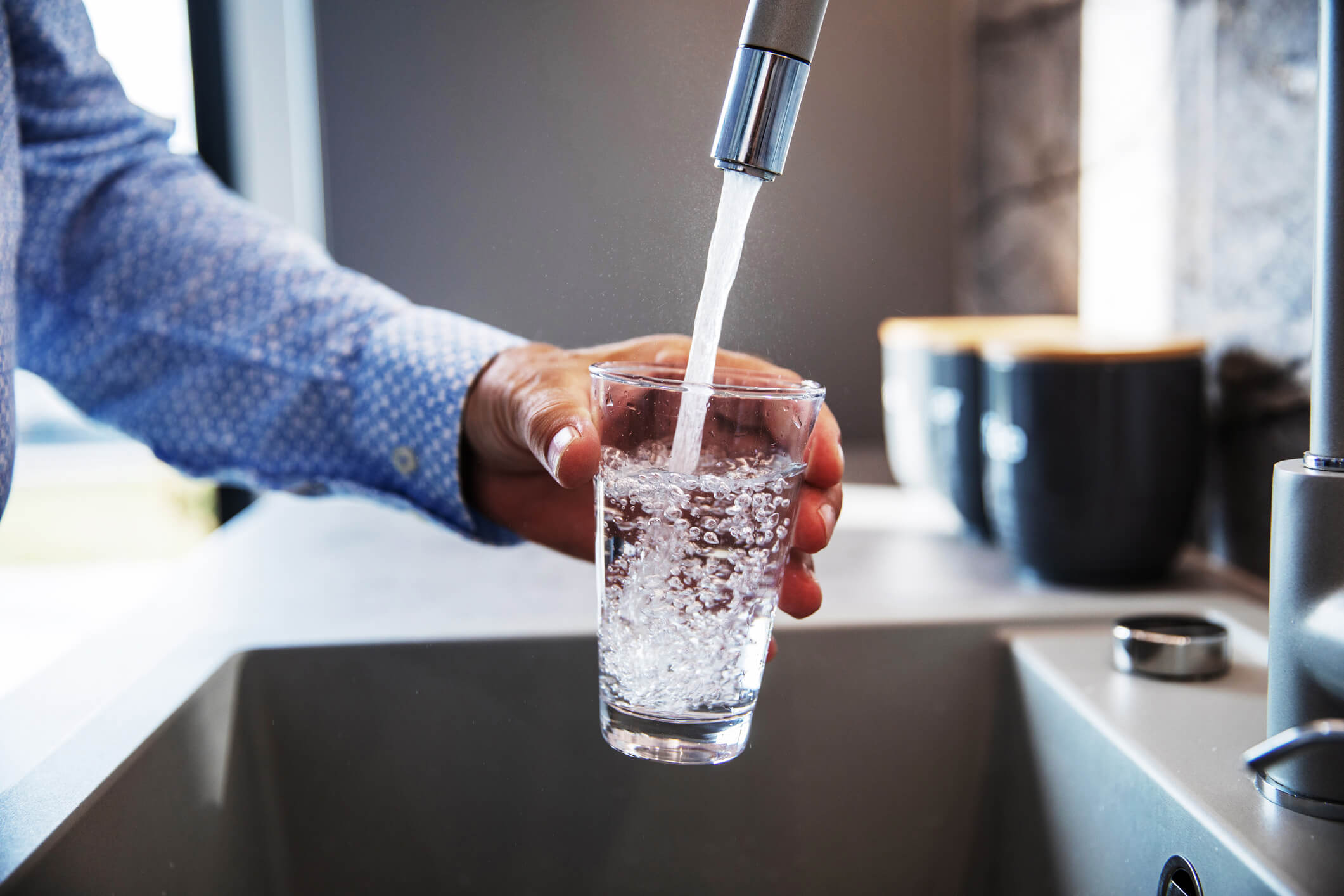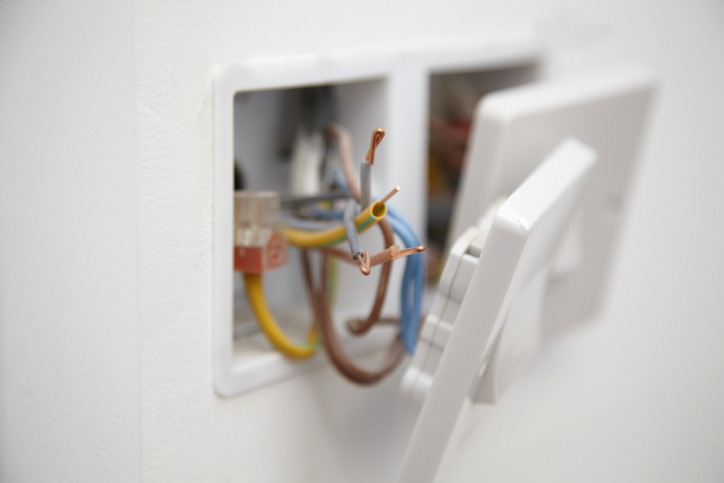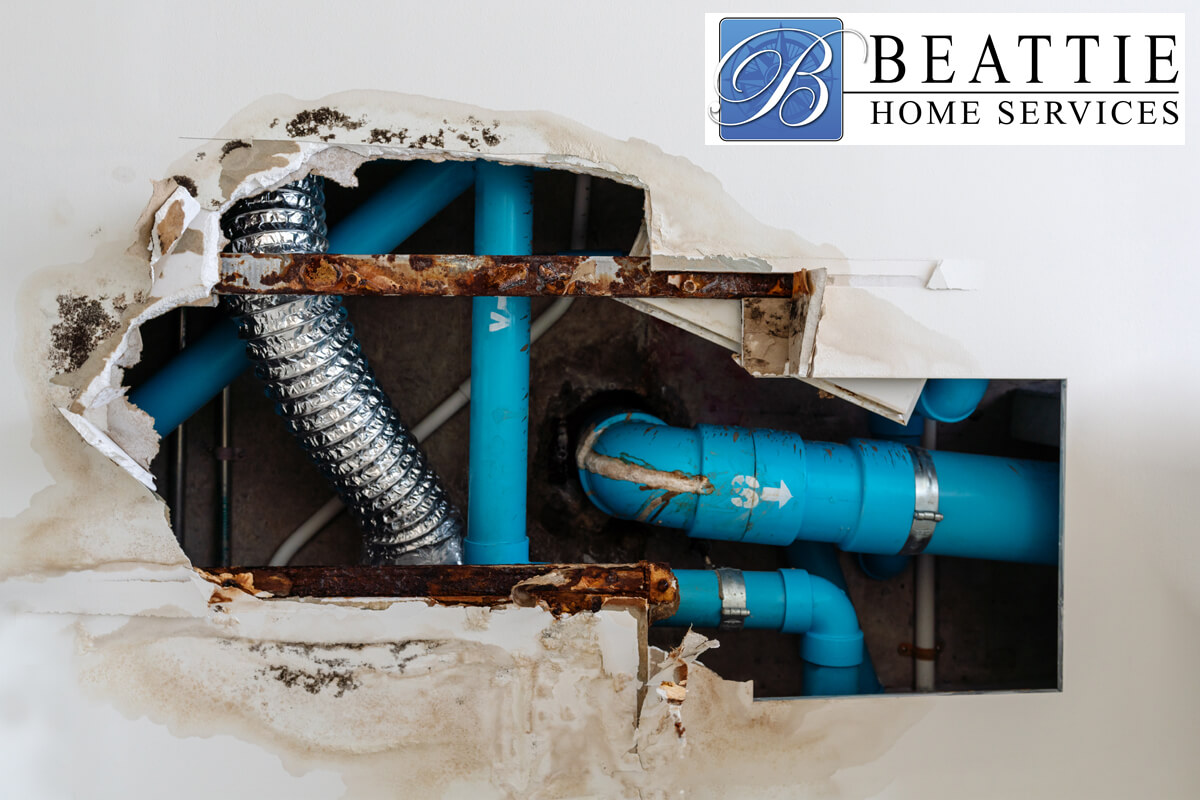Important Ways to Avoid Electrical Problems in Your SWFL Home
For most people living today, using electricity is something of a second nature. Without a moment’s thought, we blast our air conditioning units all day and night, store food and beverages in our refrigerators, reheat food in our microwaves, work in the radiance of indoor lighting, and charge our computers, phones, and countless other devices every day.
However, with the attitude that electricity is taken for granted comes the tendency to mismanage the power we have at our fingertips. Heavy use of appliances and devices at home can overwork our electrical system or even cause an electrical accident. Learning how to use your home’s electrical system and all your devices properly can improve their efficiency, prevent accidents, and keep you and your family safe. That’s why we’ve put together this guide of tips and tricks to stay safe at home, starting with the basics.
Tip 1: Know The Fundamentals
Before getting into the more advanced stuff, it is important that any homeowner know the fundamental electrical safety practices that protect their property and their family.
Read More



